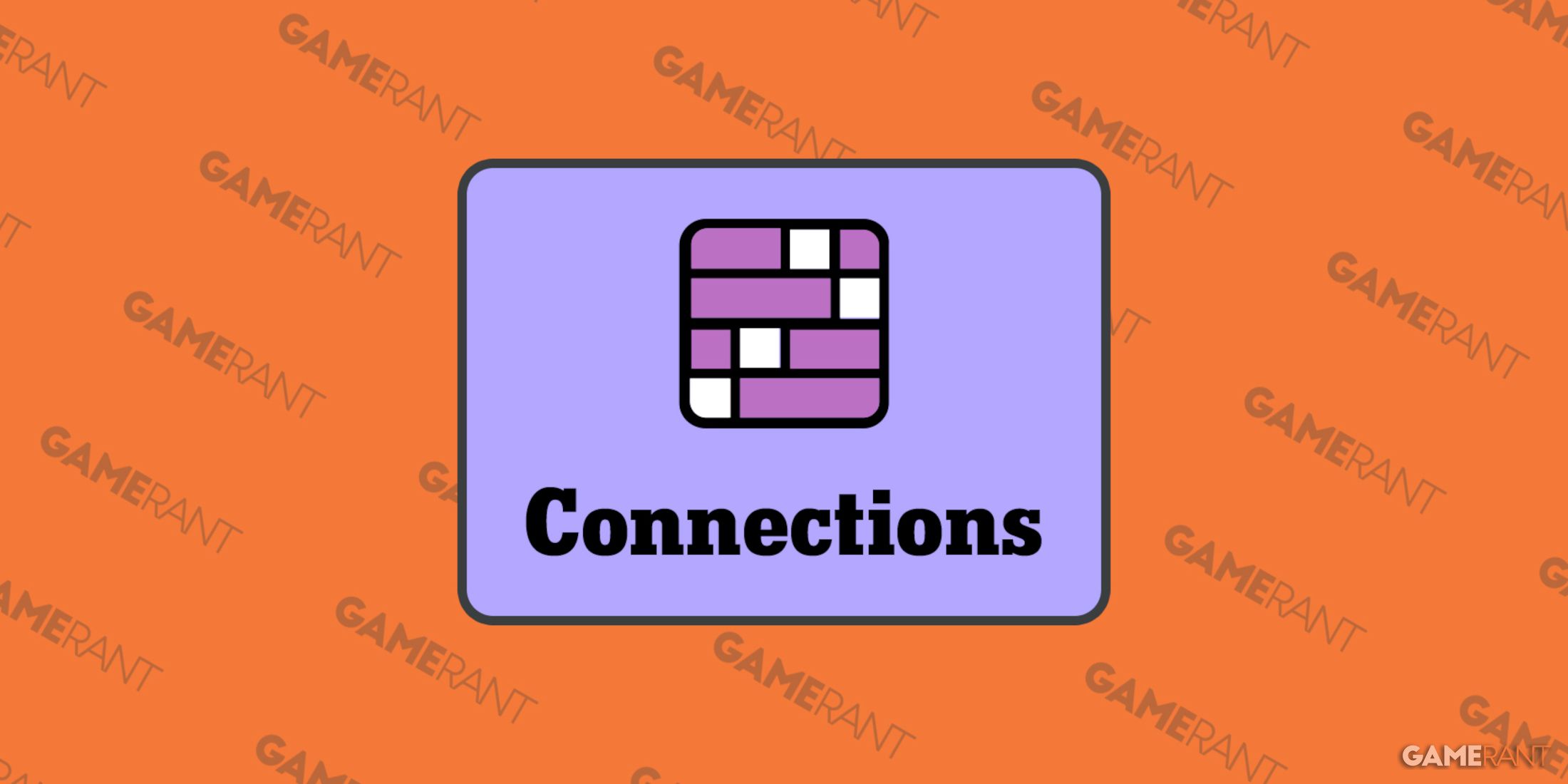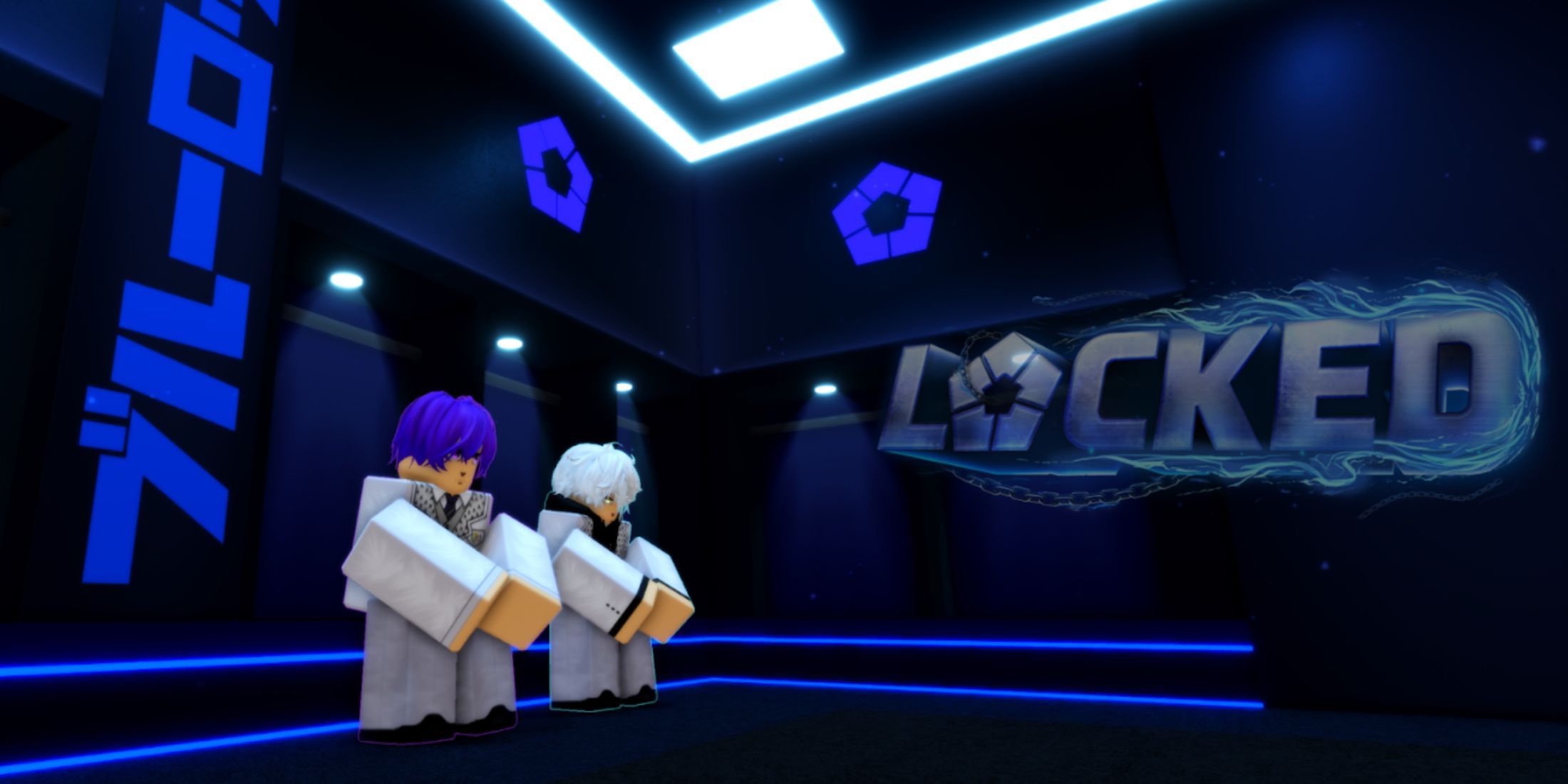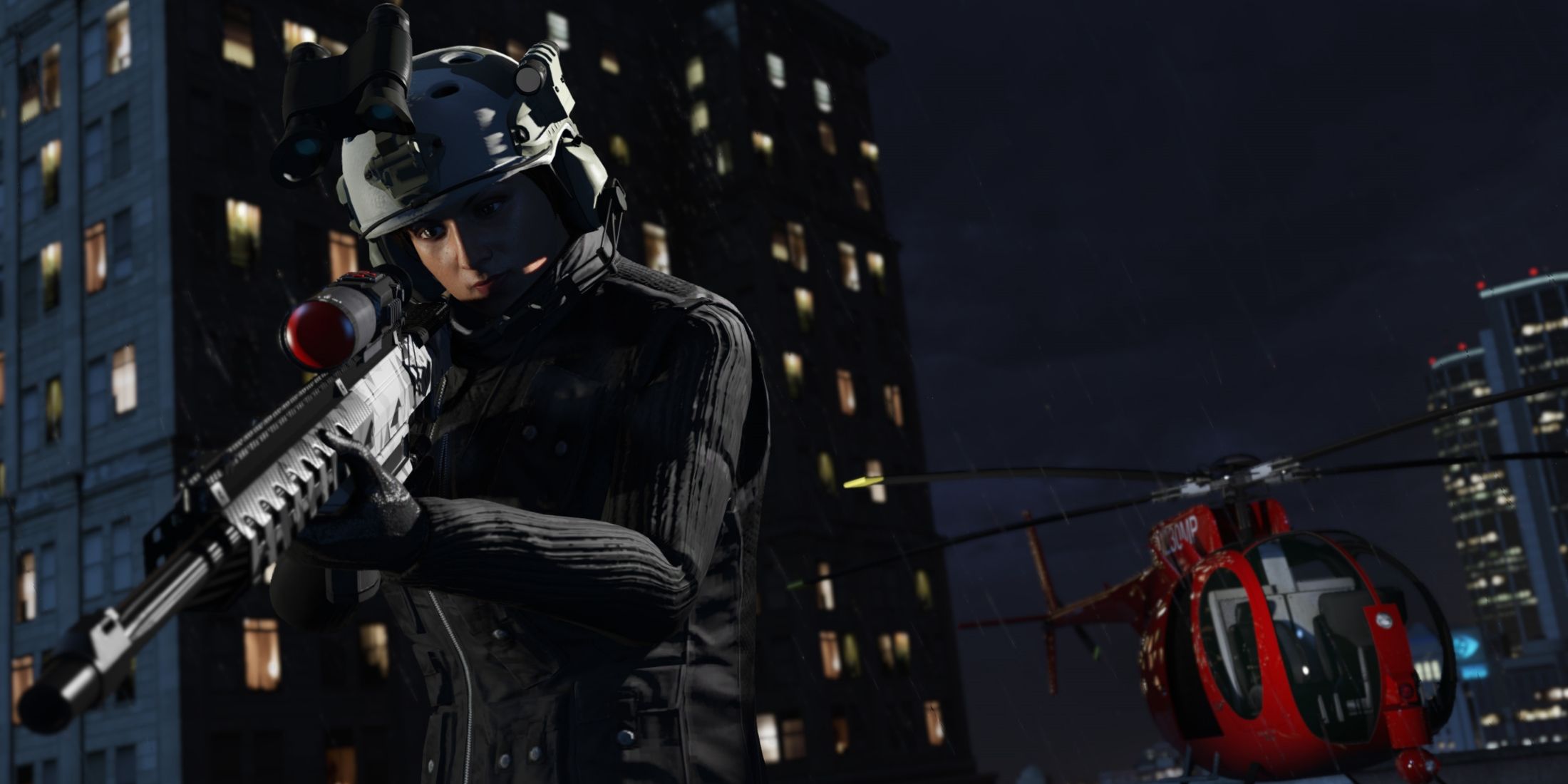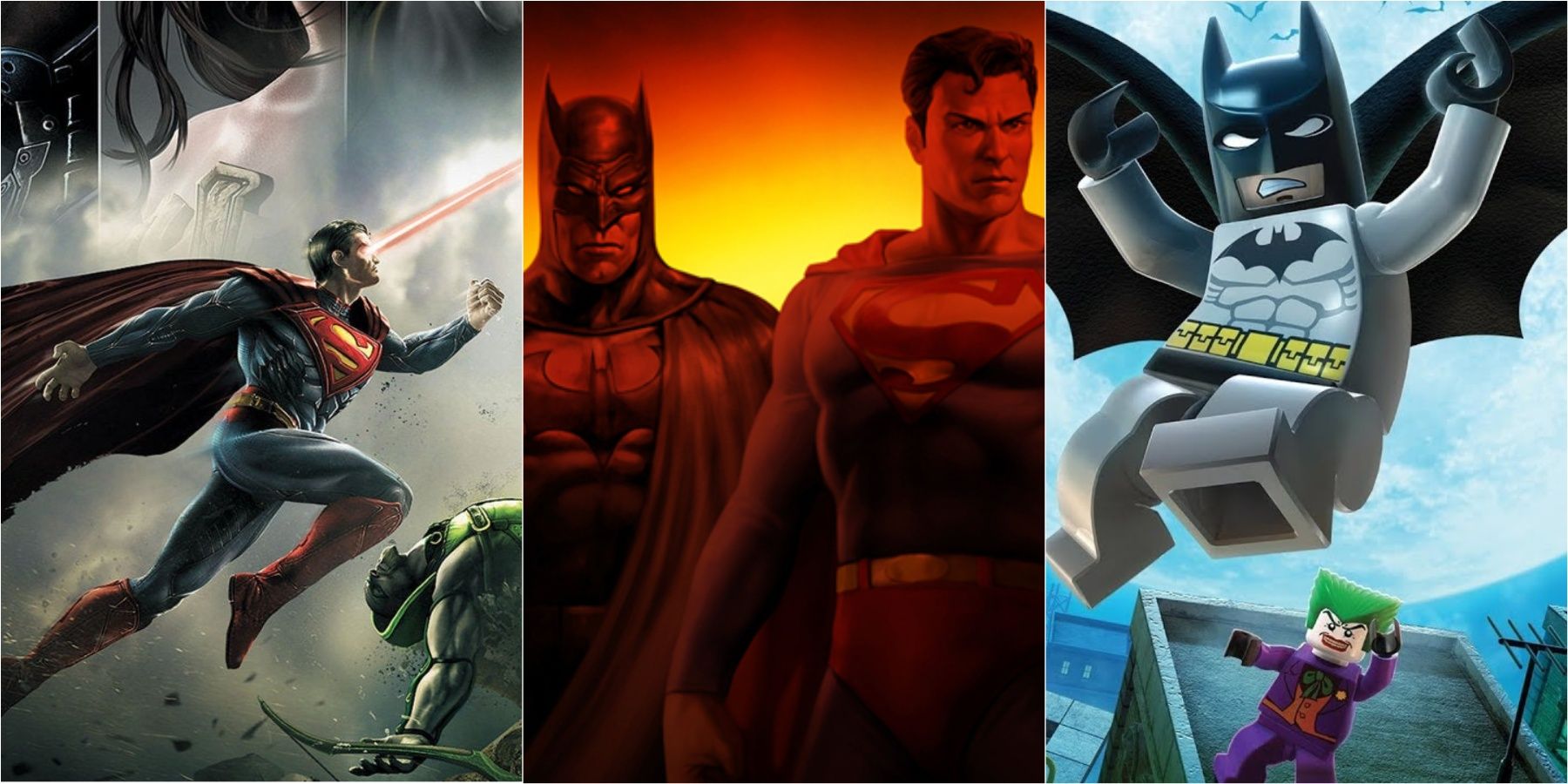Highlights
- DC has a long history of video games, with a consistent stream of releases tied to movies and TV shows.
- Some DC video games nerf powerful heroes/villains to balance the gameplay, like Injustice and Gotham Knights.
- DC LEGO games simplify characters' movesets to make them accessible, while Superman 64 suffers from technical issues that make him feel underpowered.
DC video games have been around almost as long as the entire medium of video games, with Superman for the Atari 2600 coming out all the way back in 1979. Though DC took a break from the gaming landscape for a few years, it returned with a vengeance in 1985, and DC has maintained a pretty consistent stream of video games ever since, with at least a handful dropping every year or so, often tying in with the plethora of DC movies and TV shows that were released in the 1980s, 1990s, and early 2000s.
With a consistent output of DC video games over the last 40+ years, it's only natural that countless DC heroes and villains have appeared in at least some form in the realm of video games, from well-known DC staples like Batman, Superman and Wonder Woman, to lesser-known teams like the Teen Titans and characters based on obscure comics like Fables. While these characters are usually portrayed pretty well, their powers can occasionally get nerfed quite badly, and some DC video games do this much further than others.
The Injustice Series
One of the core dilemmas of any fighting game is the inherent need to keep everyone on the game's roster balanced. For games like Mortal Kombat and Street Fighter, that's not too difficult, with the developers being able to create a set of original characters that can all share roughly the same power level. But when it comes to licensed fighting games like the Injustice series, this gets a little trickier, with heroes with wildly different power levels all being forced to face off against one another. Because of this, Injustice is forced to nerf some of DC's most powerful heroes and villains, giving lower-level characters like Batman some hand-waving tech so that he can fight gods like Superman.
Gotham Knights
At its very heart, Gotham Knights is a game built around a gear system. This essentially means that its four central heroes start off a little underpowered, so that players are encouraged to find new gear and gain new abilities over the course of the game. Red Hood is probably the best/worst example of this, with his Gotham Knights version receiving a pretty big nerf to how he's usually portrayed in the comics and even other video games. With non-lethal rounds in his dual pistols, Red Hood can unload a full clip into a basic enemy and they'll still be left standing, at least before the character gets any upgrades.
DC LEGO Games
Being primarily a set of kids' games, the DC LEGO video game franchise intentionally nerfs the vast majority of the DC superhero and villain roster. In order to ensure that each character remains accessible and easy to play, a lot of LEGO DC games end up simplifying the more powerful characters, boiling down their moveset to just basic punches and kicks and an occasional special move slightly more associated with their character, such as heat vision, ranged weapons, and various gadgets.
Superman 64
A game that definitely nerfs its main hero, but not in a conventional way, Superman 64 is an infamously terrible game. Technically speaking, Superman has all of the usual abilities that fans would expect him to have in a video game, and he can even one-shot some enemies in the game. However, it's Superman 64's technical issues that end up nerfing the titular Man of Steel. Clunky and unresponsive controls mean that players will often get stuck on walls or parts of the scenery, which can lead to some infuriating deaths, and make this version of Superman feel absurdly underpowered.
Justice League Heroes
While it's far from a bad game, and it's no doubt a favorite of many nostalgic fans, the 2006 Justice League Heroes game wasn't great either, and it nerfs a lot of its playable heroes in a pretty significant way. Much like Marvel's Ultimate Alliance and X-Men Legends games, Justice League Heroes ends up boiling down most of its unique heroes to just a small set of basic attacks, but unlike those games, their attacks here are very rarely themed after their unique abilities, making most of the Justice League feel like regular street brawlers.
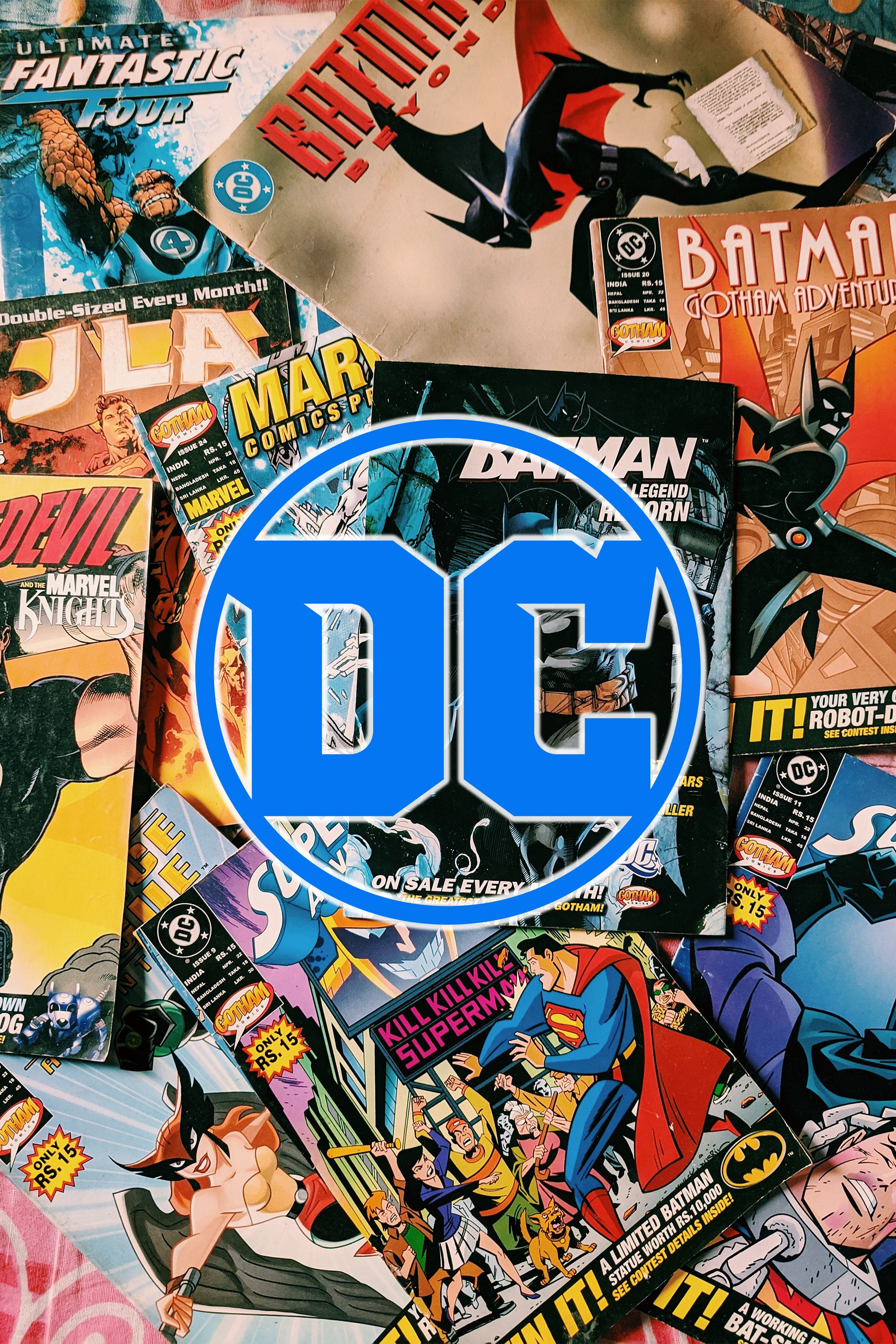
DC
DC is a brand of superhero comics, television shows, movies, video games, merchandise, and more. The company owns the rights to popular characters like Batman, The Suicide Squad, Green Arrow, Wonder Woman, and many more.

